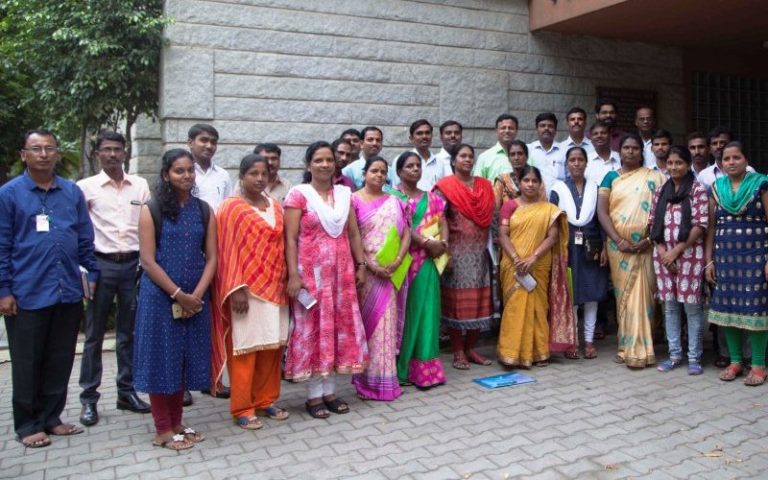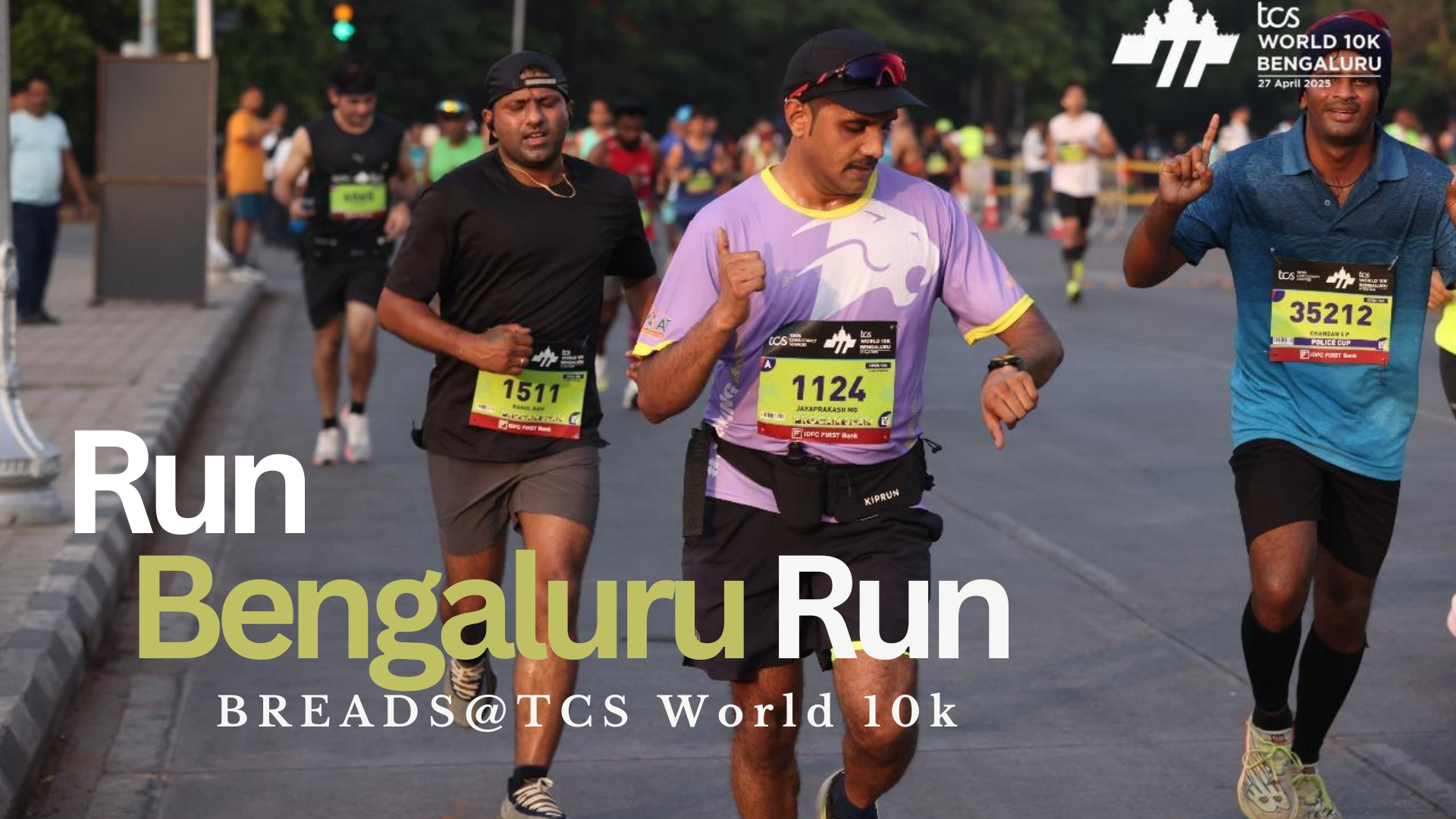BREADS organized the review meeting cum training for the Project Directors and staff of CREAM project on 7th and 8th of June 2018 at Don Bosco Provincial House, Bangalore. There were nine project directors, ten coordinators and twenty one social activists in the meeting and training. The review meeting was commenced by a welcome note and lighting of the lamp. The inaugural address was given by Fr. Jose Koyickal SDB, Vice-Provincial, Bangalore Province, who spoke about the involvement and advantage of initiating CREAM project in ten districts of Karnataka state for the promotion and protection of the rights of children in accordance with the United Nations Conventions on the Rights of the Child (UNCRC). The project has successfully completed its first phase (2012-2015) and is progressively marching its second phase (2016 – 2019). Fr. Jose stated about how children should be able to receive their basic rights which in turn will create an impact in the development of the society, as children are the future citizens of the world. In order that the rights of children are secured and protected in the society, the adults and stakeholders should understand the importance of promoting the rights of children. Fr. George Muttathuparambil SDB, Rector also appreciated the activities of CREAM project for ensuring that the children are liberated from various harmful circumstances and for their committed service for the betterment of children in society. Apart from this Fr. Joy Nedumparambil SDB, Executive Director, BREADS spoke regarding the success of the project and the means to further implement the project in an enhanced manner.
On day one, the first two sessions were handled by Mr. Louis Manohar, Project Manager, DB Action, who spoke about how to teach children on gender equality and the introduction of eco clubs in schools. A module was prepared on gender equality and the same was discussed during the training. As one’s believes and perspectives originally root from his or her early childhood, children should be educated at early childhood to build a positive attitude towards gender equality. The children spend most of their productive time at school hence it is appropriate to introduce gender equality at schools. The target readers are young people in the age group of 12 – 18 years. The eco clubs in schools will aim at educating the children at young age on the importance of clean environment, ecological protection and conservation of natural resources. The children will be trained as agents of change for a better and clean planet.
The following session in the afternoon was taken by Mr. Shivamallu, Coordinator of Foster Care Bosco Bangalore, who described the Foster Care project and the basic understanding of the concept. This training was the initial platform to expand its activities to other districts of Karnataka, and therefore the documentation process, the legal procedures and the difference between foster care and adoption were explained specifically. The concept of foster care is even decided to be included as one of the themes for training under the CREAM project.
The last session was facilitated by Fr. Joy Nedumparambil SDB who presented the important highlights and major areas of interventions of CREAM phase II from 2016- 2018. Fr. Joy highlighted the impacts and achievements of the project in various areas of intervention in comparison to its target. This data provided the staff an overall outlook on the project, its outreach, impact, strengths and also the weaknesses.
On the second day Sr. Dulcine, Consultant, Child Protection took the sessions on child care plan, after care and adolescent empowerment in the light of the sustainable development goals and UN policies. The session on individual care plan of a child was introduced to the staff. It includes a comprehensive development plan of a child based on gender, age, gender specific needs and case history of the child prepared in consultation with the child. The session also covered the preparation of individual child care plan and after care plan. The implementation of sustainable development goals in India by bringing together Governments, the private sector, civil society, the UN systems and other actors and mobilizing all available resources is mandatory for the success of the project.
In the sessions after the lunch the project coordinators of CREAM project presented the highlights of the project activities. In the final session Fr. Joy evaluated the challenges faced by the project and gave a clear picture for the way forward and future activities of the project.





